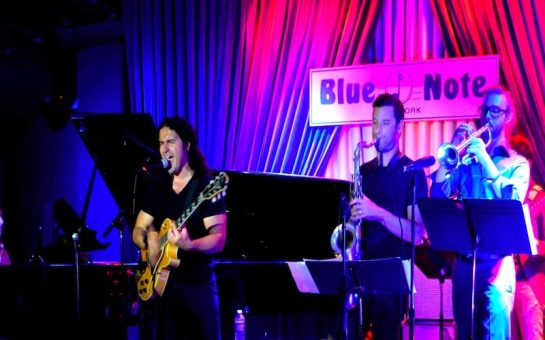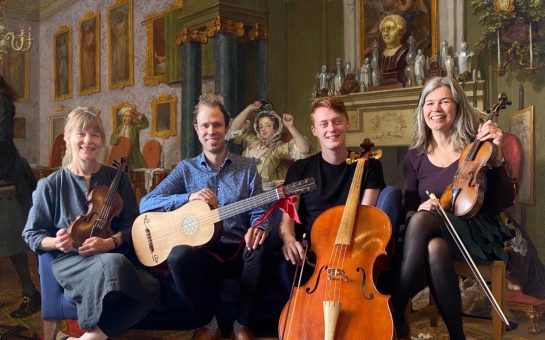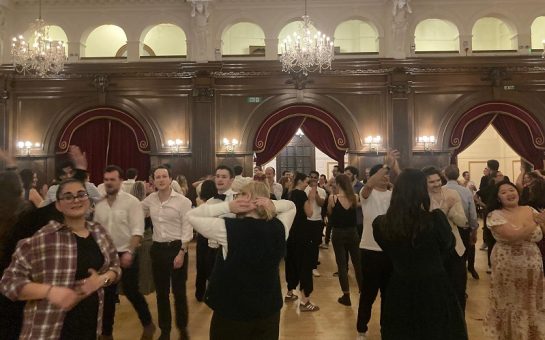Stick in the Wheel were once described by UNCUT magazine as Britain’s most exciting folk band.
And to mark the release of their second album, Follow Them True, the five-piece are now embarking on a nationwide tour, starting at the Borderline in Soho on Thursday February 8.
For frontwoman Nicola Kearney, who has led the band since 2013, this record is not only informed by the band’s experiences as Londoners, but by the current political climate.
She said: “It’s a product of the terrifying times that we live in. Look at all the things that happened last year: Trump, Brexit, and Grenfell.
“Our message is that London is the same as it was 200 years ago, things are changing all the time. Terrifying things are still happening and life carries on.”
Follow Them True examines these cycles, exploring the ways in which the past repeats itself alongside our inherent ability to change ourselves and the world around us.
The record expands on the stripped-back sound of their debut album thanks to the work of guitarist and producer Ian Carter, who helped add a broader sonic palette to the songs.
But all the while, the band try to stay in touch with the folk tradition, using it as a stepping stone to explore to modern themes.
He said: “We are a traditional music band, like a folk band. I’m not one of those people who say folk can be anything, but I like to think we can use different techniques to express traditional songs as we see fit.
“We try to get people to engage with their traditional culture and get people to take it a bit more seriously. You’ve got to know where you come from to know where you’re going.”
Stick in the Wheel remain pioneers in an evolving folk scene and they continue to question what this genre means in 2018.
Nicola believes it can take a number of forms and remains as relevant today as it was centuries ago.
She said: “We have a very particular approach that makes sense to us. We don’t pretty it up with over production and deliver it honestly by being true to who we are and reflecting our own culture.
“It’s not all Morris Dancing and Bunting. That’s the middle-class view of it. It can be that or the way we do it as well. There’s no right or wrong.”
Ian added: “There has been a sea change over the last five years. People are engaging with folk in a more meaningful way rather than adopting it as a style, like some bands have done in the past.”
This engagement forms the basis of their ambitions, as they attempt to share their work in a meaningful way with as many people as possible.
By doing so, they hope to encourage others to consider their own place in history and explore tradition to better understand the events that are unfolding around them.
Nicola said: “We’re from London and pretty much all the bad stuff that the government does to people happens in this city.
“People have short memories and news is taken away from them quickly, so they soon forget the awful things that have happened.
“Our intent is to just make people remember and start to see themselves as part of a tradition.”
According to Ian, this ability to position ourselves within our broader histories is more important than ever, particularly in light of contemporary debates such as those that surround immigration.
He said: “We’re all from east end families and we are from all over the place originally: Scotland, Ireland or even further afield.
“People forget that immigration has been this way for a good thousand years and that creates division, with some becoming resentful.
“We are trying to promote togetherness. Coming from the east end, a culture made up of disparate cultures suffering from the same pressures, you’ve got to group together.”




